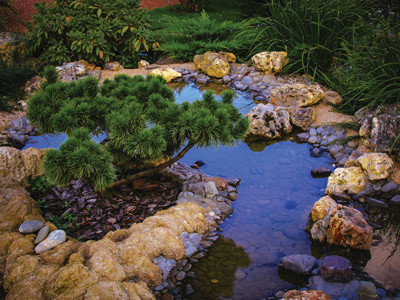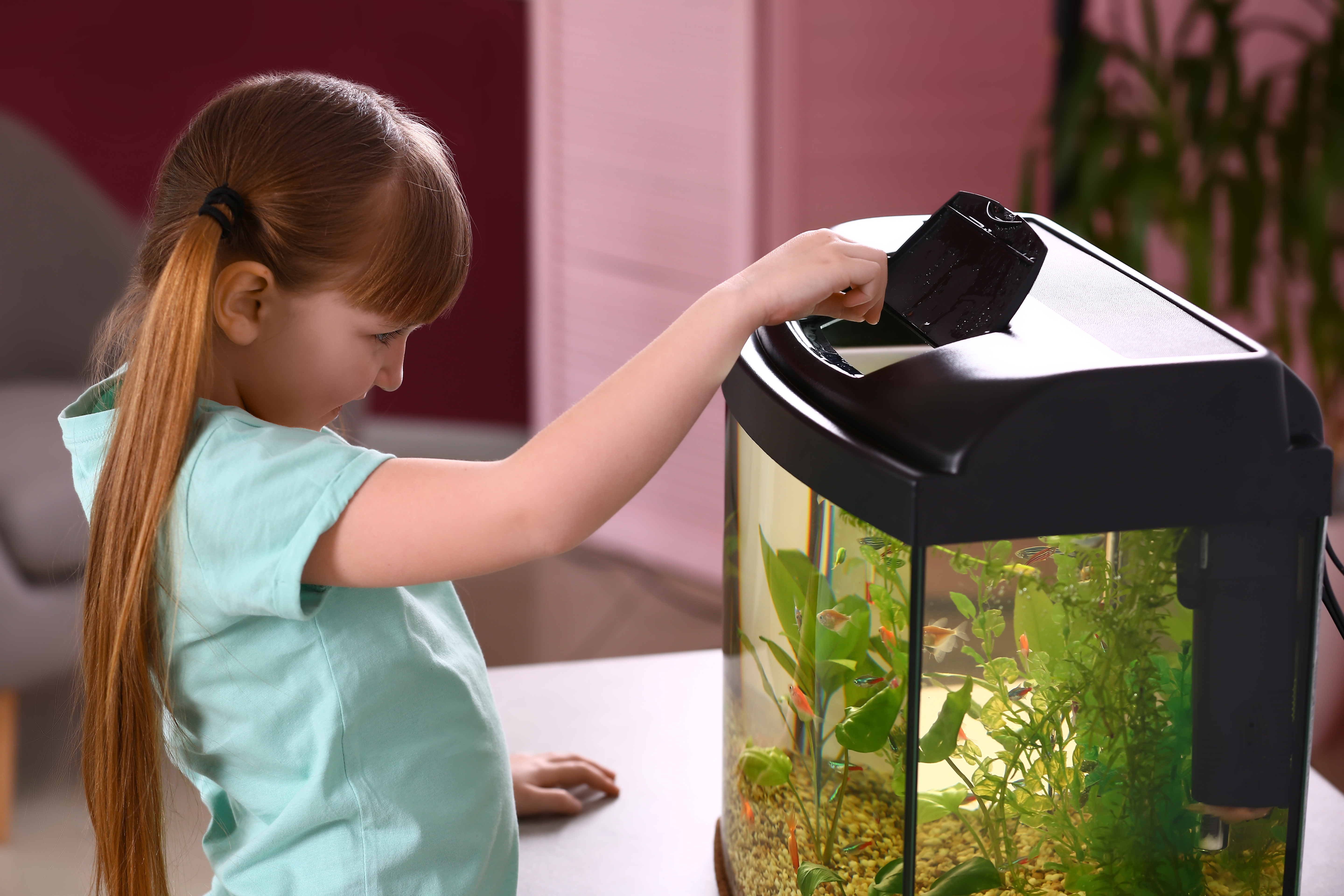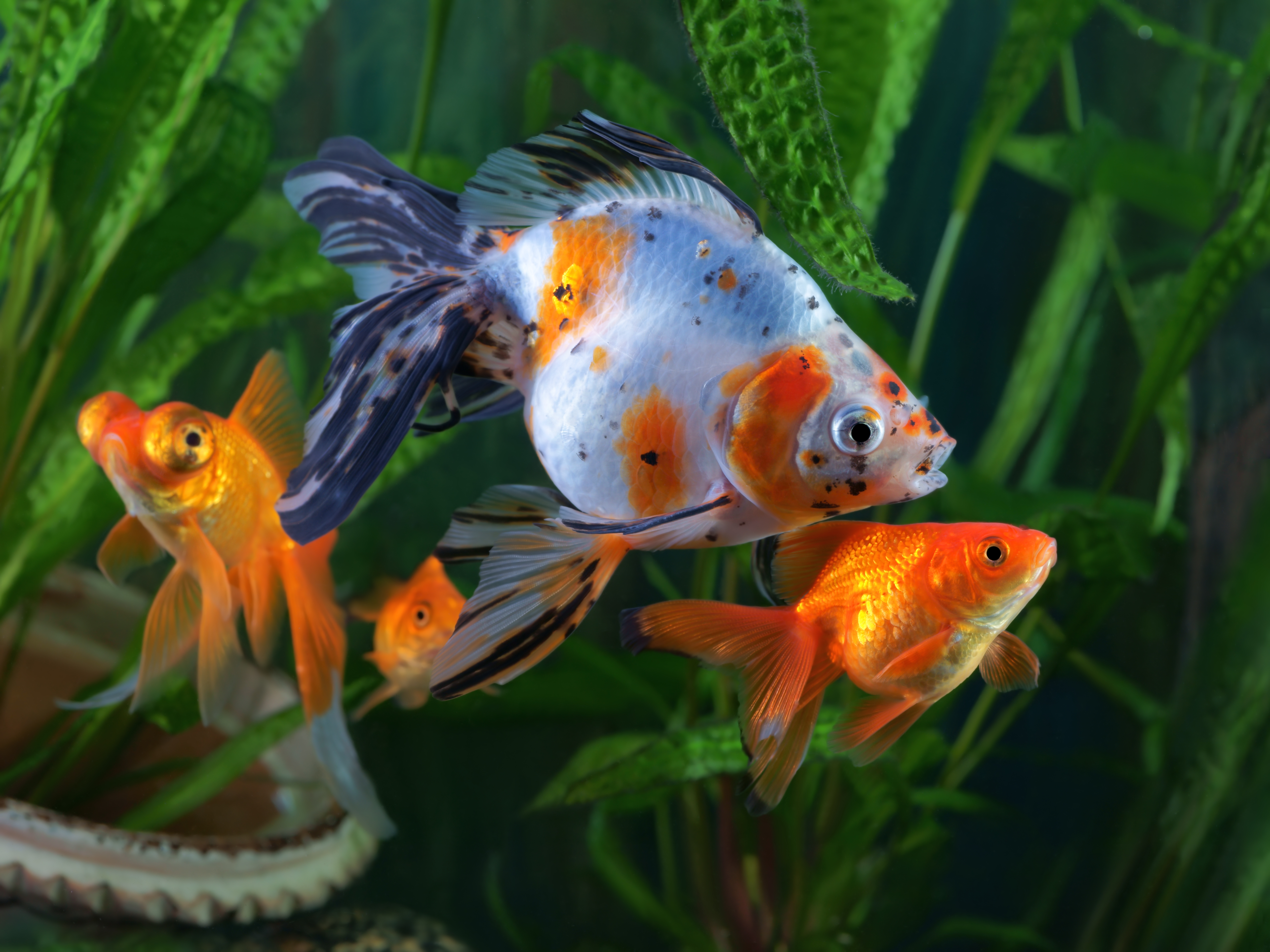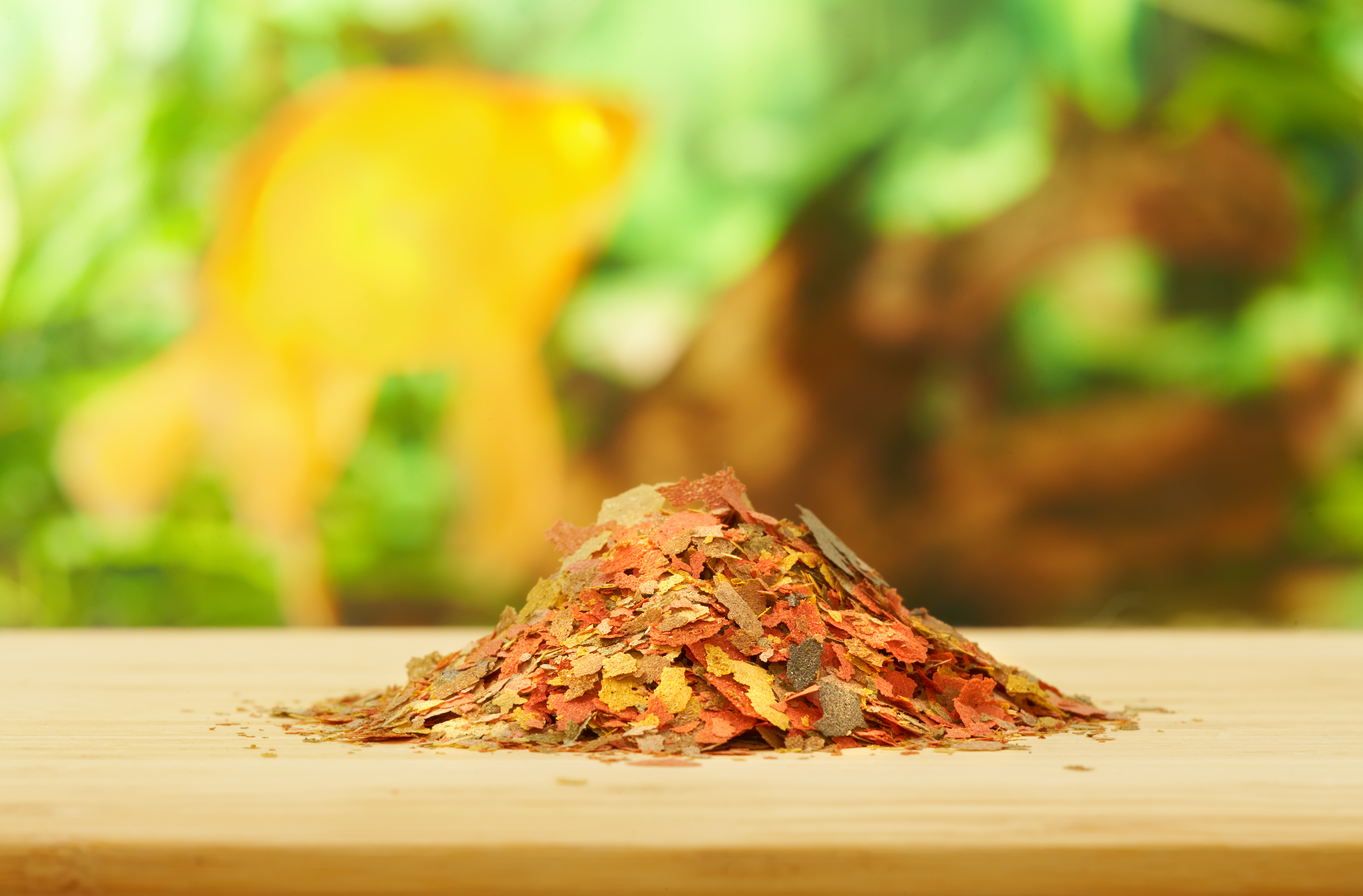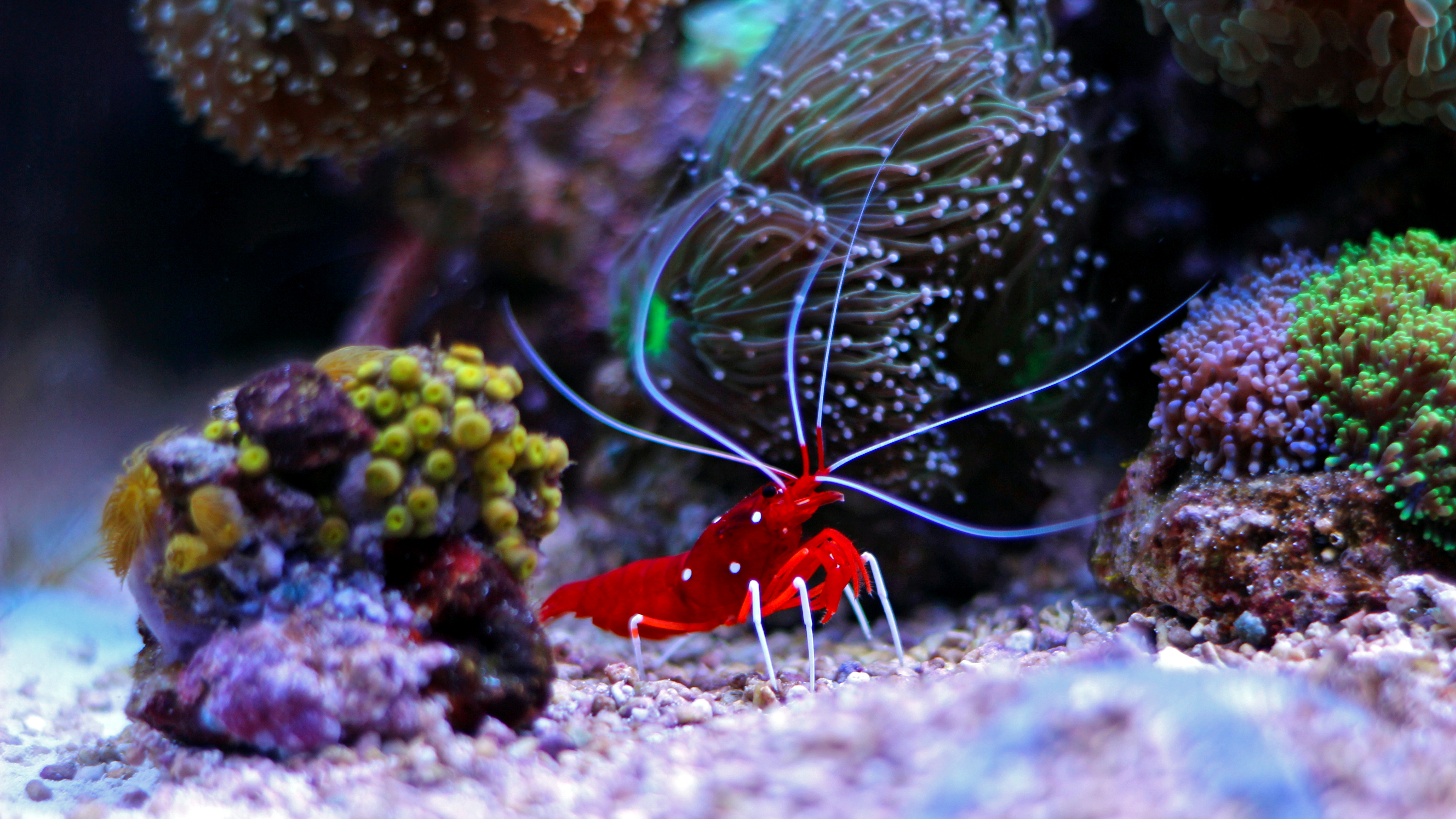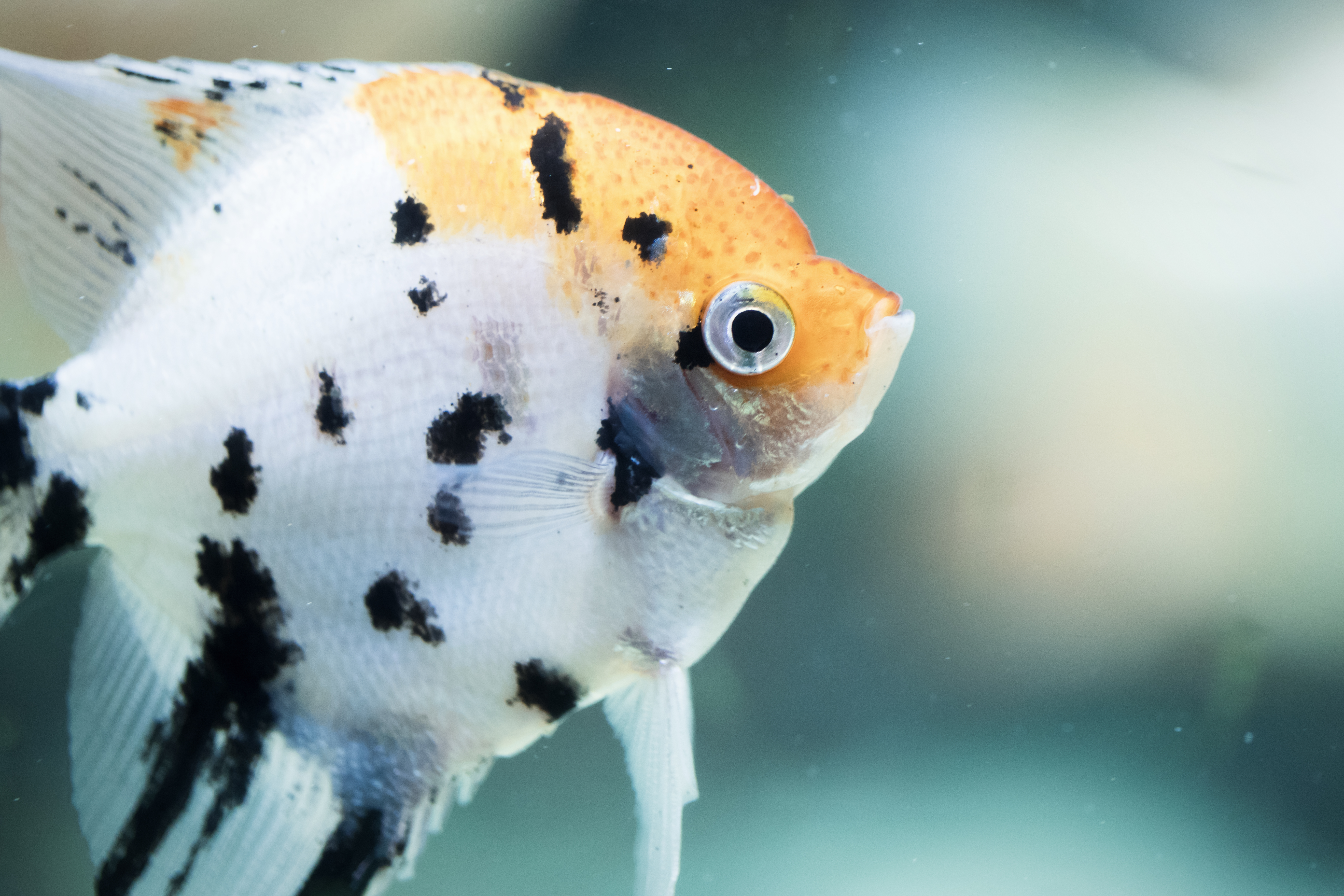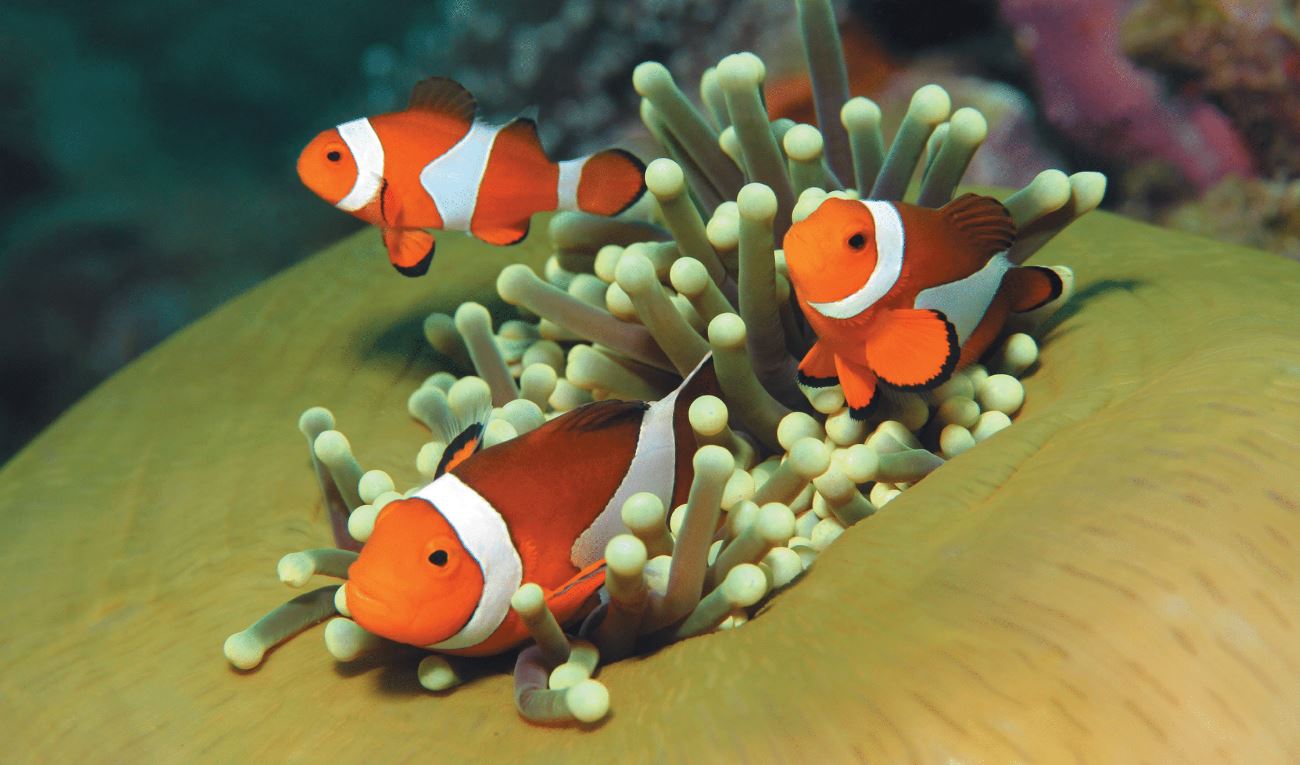Healthy Water Equals Healthy Pond, Fish
Joe Olenik //July 1, 2014//
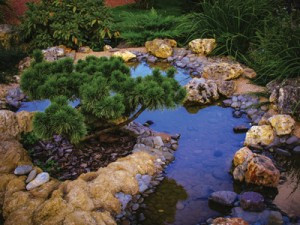 It may seem obvious, but water quality is the most important thing to fish. Water can also be the most confusing, and sometimes intimidating, thing to beginning pond keepers.
It may seem obvious, but water quality is the most important thing to fish. Water can also be the most confusing, and sometimes intimidating, thing to beginning pond keepers.
Helping hobbyists understand the basic principles of water quality and water chemistry will ensure years of success and enjoyment of their ponds, and instill confidence in you and your staff.
Temperature
Water temperature determines how much dissolved oxygen it can hold. During hot weather it will be low. Adding circulation pumps and shading plants will help keep customers’ water cool and fully oxygenated. This is especially important in heavily stocked ponds.
Fountains and waterfalls agitate the surface, increasing the dissolved oxygen content as well. Temperature also comes into play when deciding when to bring out fish that have been housed indoors during northern climate winters.
pH, Alkalinity
It is essential for pond owners to know what the pH and alkalinity are in their tap water as well as their ponds. Pond fish tolerate a wide range of pH and alkalinity, but they do best at pH in the mid- to upper-7’s, with a moderate alkalinity or general hardness.
Easy-to-use pH and alkalinity test kits are an easy sell. Decaying leaves, solid waste and other organic matter will lower both parameters in mature ponds, acidifying water, and newly constructed cement ponds are prone to high pH and alkalinity.
Monthly water exchanges using Python Products’ ‘Ulti-Vac’ make it easy to manage waste buildup in mature ponds and prevent acidification. New cement ponds should be rinsed and pumped out before adding fish. Hard water can also be neutralized using Pondmaster pH Lower.
Chlorine/Chloramine
Virtually all municipal water is treated for human consumption using chloramine, a compound of chlorine and ammonia. Chloramine is very stable and can be harmful to fish, so a water conditioner such as Laguna Water Prep or Pondmaster Chloramine Remover should be added several days before introducing fish to new water. Easy-to-use ammonia and chlorine tests are available and should be recommended to help pond owners determine if their water is safe for fish.
Ammonia and Nitrite
Ammonia is the principal component in fish waste, and is converted to nitrite by autotrophic bacteria.
Ammonia and nitrite are both toxic to fish and can accumulate in new ponds where beneficial bacteria have not yet colonized the filter media or the walls and other objects in the pond.
New ponds or those that have been emptied and scrubbed in spring should be inoculated with a bacteria booster such as Microbe-Lift PL or Laguna Bio Booster to get the nitrogen cycle started, and hobbyists should be encouraged to stock new ponds slowly and always test water prior to adding new fish.
Nitrifying bacteria need plenty of oxygen to do their job, so make sure customers are providing adequate water movement using additional circulation pumps, fountains or waterfalls.
Nitrate and Phosphate
Most nitrates and phosphates come from fish food and waste, but they are also present in many municipal water supplies. They are responsible for virtually all nuisance algae blooms. In addition, excessive nitrate buildup creates chronic low-grade stress in fish, making them more susceptible to disease and stunting their growth.
To control these nutrients, pond owners should have adequate filtration and circulation, stock their pond sensibly with fish, feed conservatively and have plenty of aquatic plants to use up nitrate and phosphate. Changing 25 percent of the water biweekly and using chemical adsorption media in the filter will also help to limit nutrient build-up.
Older ponds, or those that have been neglected, are prone to buildup of leaves, sludge and other organic debris on the bottom, causing a rise in nitrate/phosphate and a lowering of pH and alkalinity.
Vacuuming with a Python Ulti-Vac and using enzyme-based products, like Laguna’s Bio Sludge Control or Pondmaster’s Waste Remover, help maintain stable conditions and eliminate nuisance algae and health problems in fish.
Maintaining optimum water quality is vital to the health and well-being of pond fish and plants.
By helping consumers understand and manage conditions in their ponds, retailers can ensure their customers’ success and establish themselves as destination pond centers.
